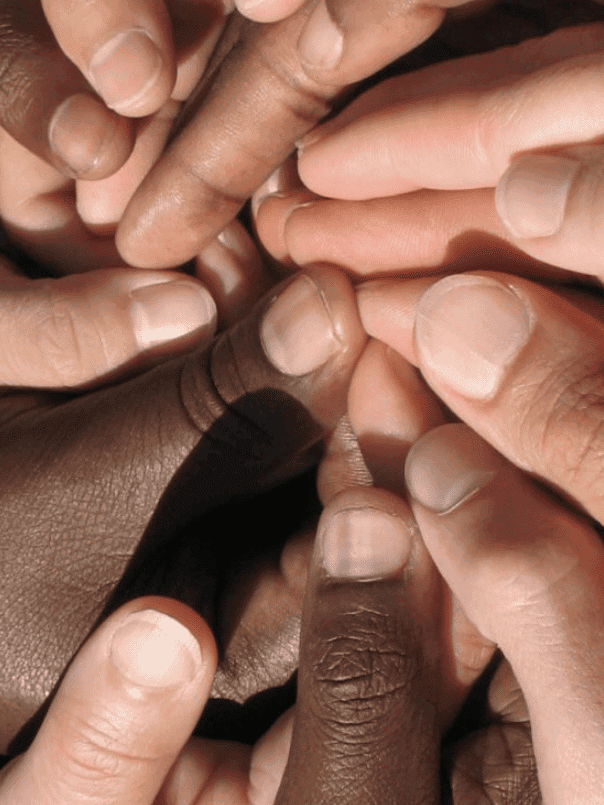GEN needs your support to continue!
The Global Ecovillage Network relies on your donations to continue its work. To ensure GEN’s future, we ask you to support us with monthly donations. Every bit counts: you can donate at as little as 1$/€/£ per month.
As a supporter, you help sustain the work of the Global Ecovillage Network, connecting the world’s ecovillages for a regenerative future. Feel free to get in touch before donating if you have any questions.
You can also donate to GEN via every.org which accepts USD, PayPal payments, direct bank transfers, crypto-currency transactions and other ways of sharing the wealth!

The Global Ecovillage Network relies on your donations to continue its work. To ensure GEN’s future, we ask you to support us with monthly donations. Every bit counts: you can donate at as little as 1$/€/£ per month.
As a supporter, you help sustain the work of the Global Ecovillage Network, connecting the world’s ecovillages for a regenerative future. Feel free to get in touch before donating if you have any questions.
You can also donate to GEN via every.org which accepts USD, PayPal payments, direct bank transfers, crypto-currency transactions and other ways of sharing the wealth!

